Abundant Opportunity For Suriname Entrepreneurs
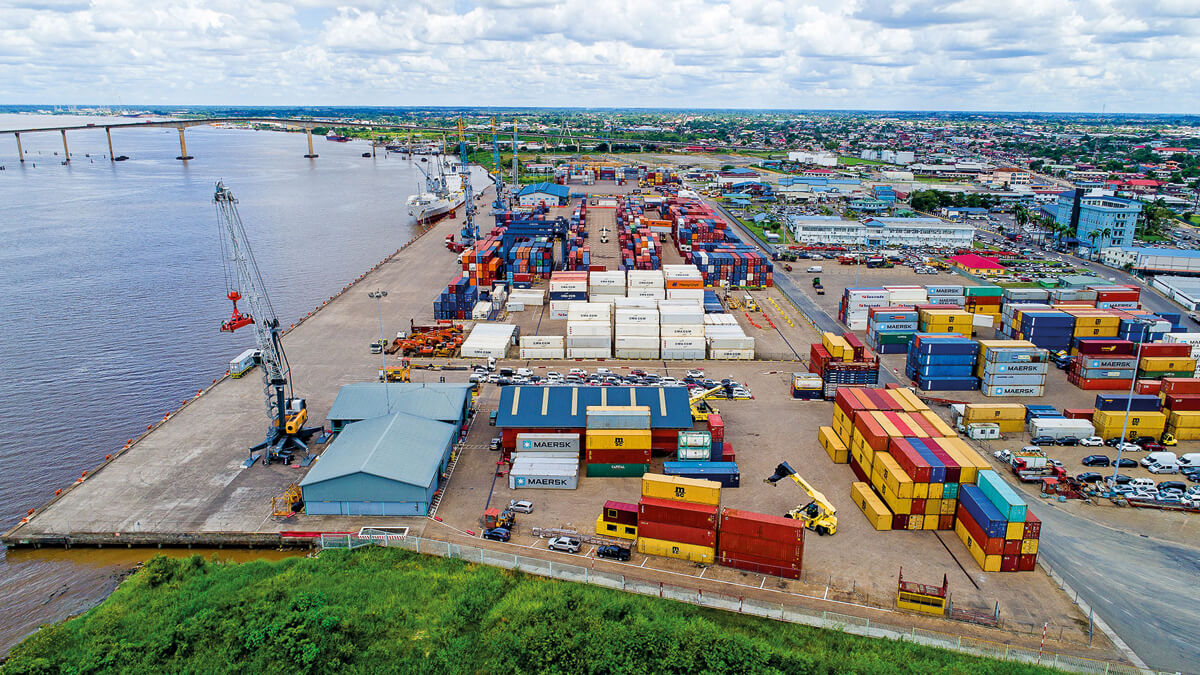
Chances For Paramaribo
( Hello Mr. Ramdin, President Santhoki are you listening ??
Hello…are you there ?? )
Part III
eyesonsuriname H. W. French and Anton JieSamFoek
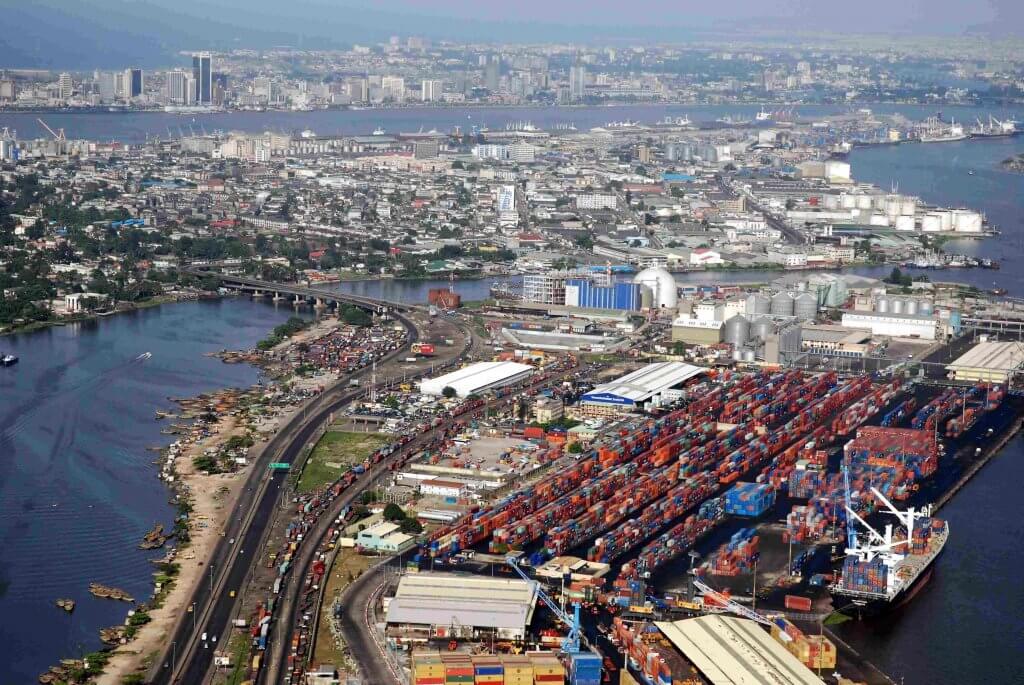
Amsterdam, Nov 9 th 2022–It is not immediately obvious where the income necessary to sustain this kind of commercial strip comes from. Some surely derives from work in the offshore oil business based nearby, some from a recently expanded regional port, some from a combination of old-line cocoa farming and new jobs in tech. And this points to the reality of what makes this megaregion so distinctive from earlier ones. For centuries now in fact since at least the 18th century, Africa has been widely regarded in the west as if it existed outside the flow of history – scarcely a participant in the global present, and even less relevant to the future.
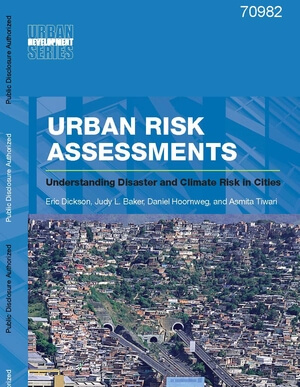
This has never been true, but those who cling on to such misapprehensions would do well to visit this stretch of coastline. In Lagos, Accra, Abidjan, or even in much smaller places like Takoradi, meanwhile, globalised enclaves with strong links to the rich world jostle with expanses of ragged urbanity, half hopefully striving, half congealed in poverty.
On another morning, we drove from the heart of Ghana’s capital, Accra, to the city of Kasoa, less than 20 miles away. Kasoa is sometimes touted as one of the fastest-growing conurbations on the continent. When Mr French made his first trips along this coast in the 70s, it was little more than a shambling collection of rural roadside traders’ stalls. In 1984, Kasoa had 3,000 people. Scarcely a decade ago, its population was just shy of 70,000. Now it is home to roughly the number of people living in Amsterdam.
The view from an overpass above Kasoa on the coastal highway is a reminder that cities throughout Africa have tended to sprawl outwards, rather than upward. There is little high-rise housing here, and few tall buildings of any kind. From up high, Kasoa has a rough-hewn, unfinished look. The newborn city lurches outward from the highway junction in all directions, its roads jammed with traffic. For many experts, this is a problematic feature of much of west Africa’s urbanisation: it is almost entirely unplanned. That is also called organic.
Kasoa’s streets are frenzied with jumbles of wooden stalls and incessant trading of all kinds. In the dusty byways beyond the highway, young people were everywhere: hawking sachets of cold water, running after cars to sell mobile phone credits and cheap plastic toys, crying out the prices of sweet, puffy bread or plantain chips from beneath beach umbrellas on street corners.
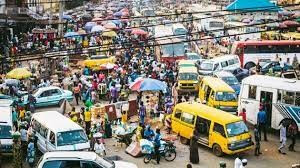
By 2050 about 40% of all the people in the world will be African. That will be 50% at the end of the century. Thus, this growth Mr. Ramdin, invites and spurs creative initiatives.
Most of the people who fill the streets of places like Kasoa are recent arrivals from the countryside, and live in ramshackle cinderblock dwellings.
Julius Ackatiah, a 55-year-old, recently set himself up in business here after many years in Italy, where he had already realised the African dream of emigration, legally acquiring a new nationality in a rich European country. Mr. French, met him as he peered out from the unfussy sidestreet storefront where he sells secondhand housewares he has shipped from Italy.
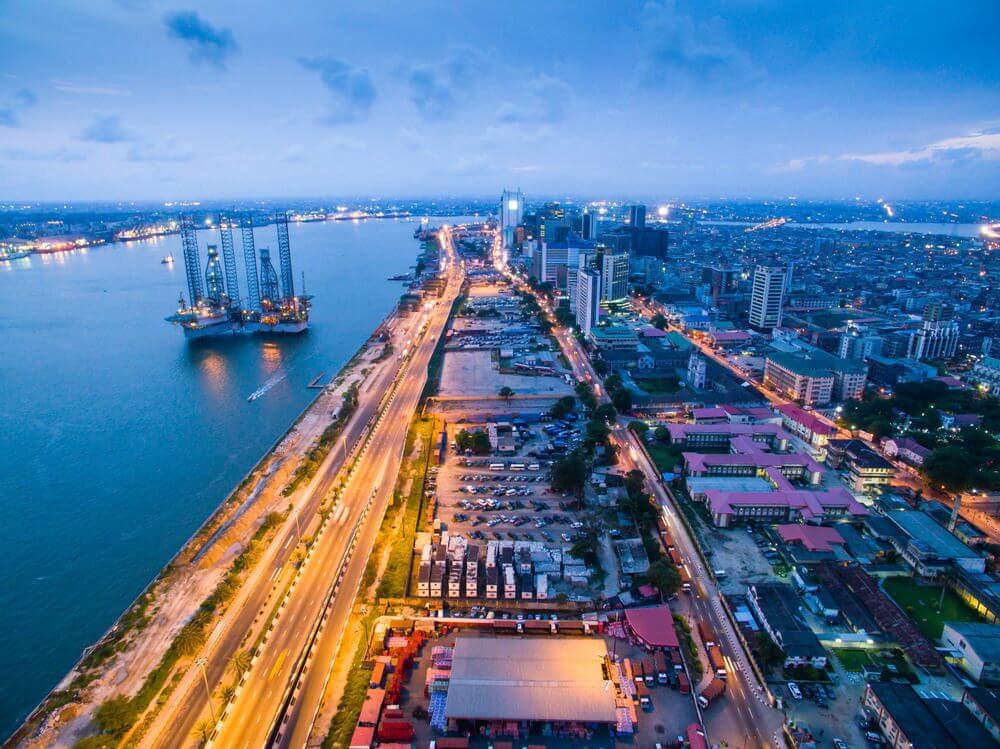
Why had he chosen Kasoa, he was asked? Accra has recently become overbuilt and too expensive, Ackatiah said, but Kasoa was on the rise. “There are lots of people here, and they are trying to set up new homes for themselves and make new lives in this town. That makes for good business.” As Ackatiah spoke on the stairs of his shop, he was engulfed by his used-goods stock in trade: cheap plastic chairs, living room couches and tables, computer monitors and household appliances, small and large, from refrigerators and microwaves to laundry irons.
One of the biggest challenges for Africa’s emerging megaregions remains its weak transport networks. In 2018, more than 40 nations agreed to create the African Continental Free Trade Area, an arrangement that economists say could boost African GDP by $450bn by 2035, mostly thanks to increased intra-African commerce.
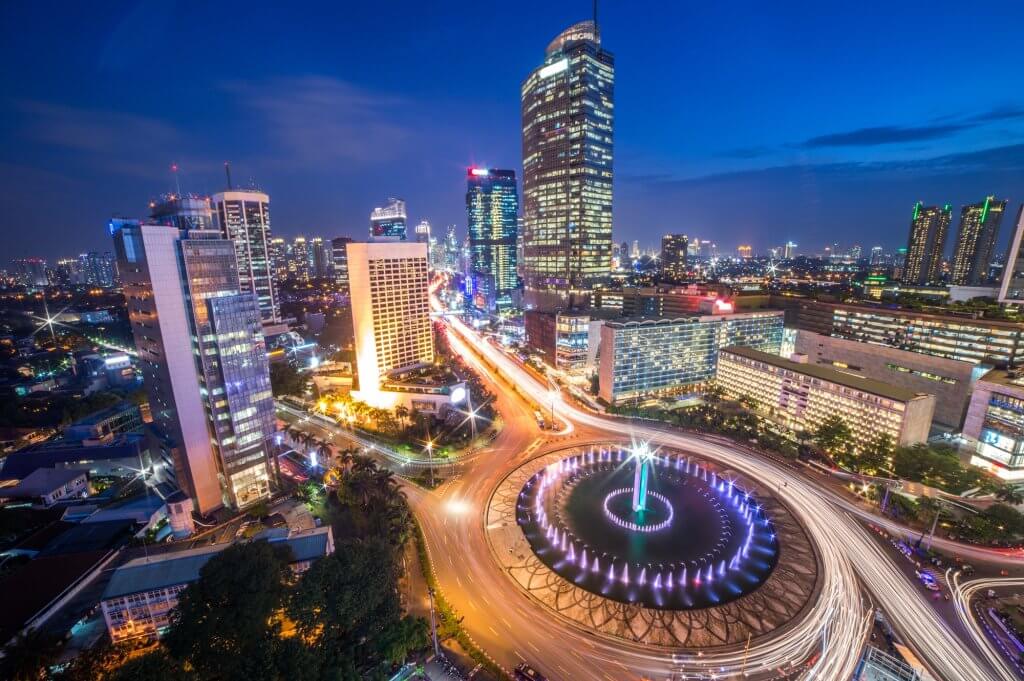
Since then, another 10 countries have joined, including Nigeria, making for a truly continent-wide agreement. “At its crux, outside the World Trade Organization, it is the biggest region of free trade in the world,” said Astrid Haas, a Ugandan independent economist based in Kampala. “What it is intended to do is unlock the benefits on the continental scale for African countries to be able to trade with each other; to eliminate both tariff and non-tariff barriers.”
But realising its full potential will require much more intense cooperation between neighbours and especially on improving physical infrastructure. Algiers and Cairo remain the only African cities with underground commuter lines. In recent years, inspired citizen designers have carefully sketched out potential subway networks for cities such as Kigali and Port Harcourt, but these remain hopeful ideas for now. Abidjan and Lagos are building surface light urban rail systems, but both are small-scale and behind schedule. Meanwhile, the lack of decent roads continues to hold this region back. The four-lane highway between Accra and Kasoa aside, almost the entire 600-mile stretch of coast consists of an undivided two-lane road that passes slowly through small towns and villages. Drivers sometimes find themselves having to dodge daring pedestrians and errant animals.
Then there are the predatory police and soldiers who stop drivers in order to extort money under the pretext of traffic safety checks or the fight against crime. Last summer, on the outskirts of Takoradi, we were waved down by a portly, peanut-chewing police officer who asked, as if it was the most normal thing in the world: “What have you brought for me?” West African travellers face holdups like this, smiling or not, on a daily basis.
End of Part III
eyesonsuriname/ H. French and Anton JieSamFoek









